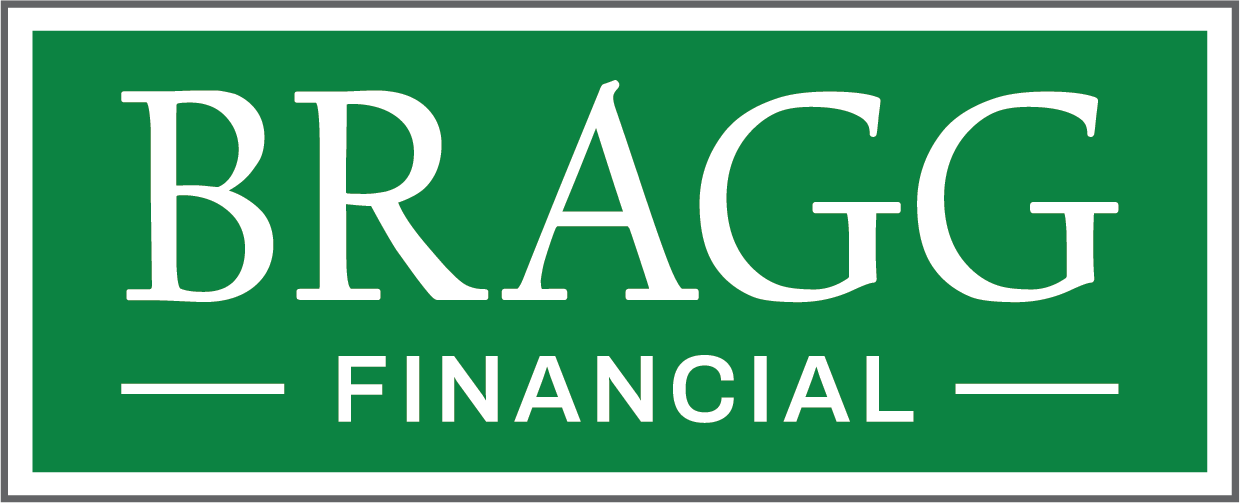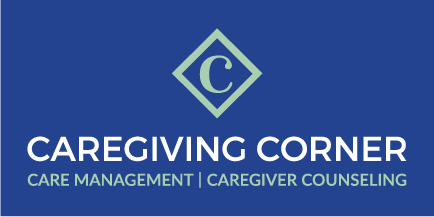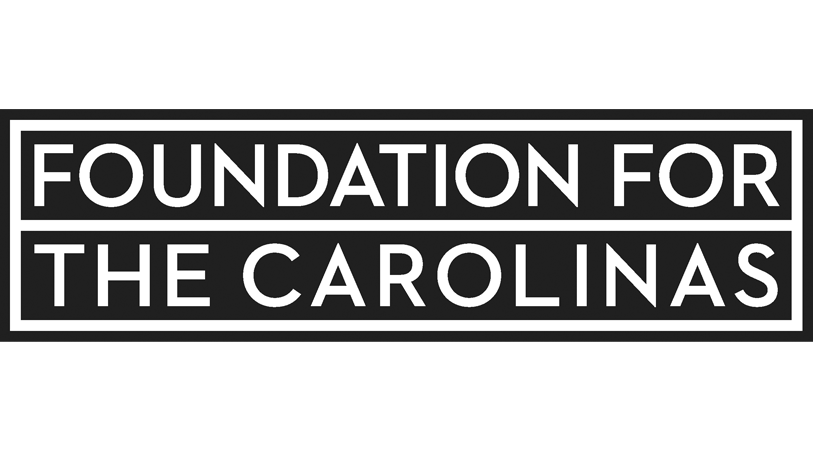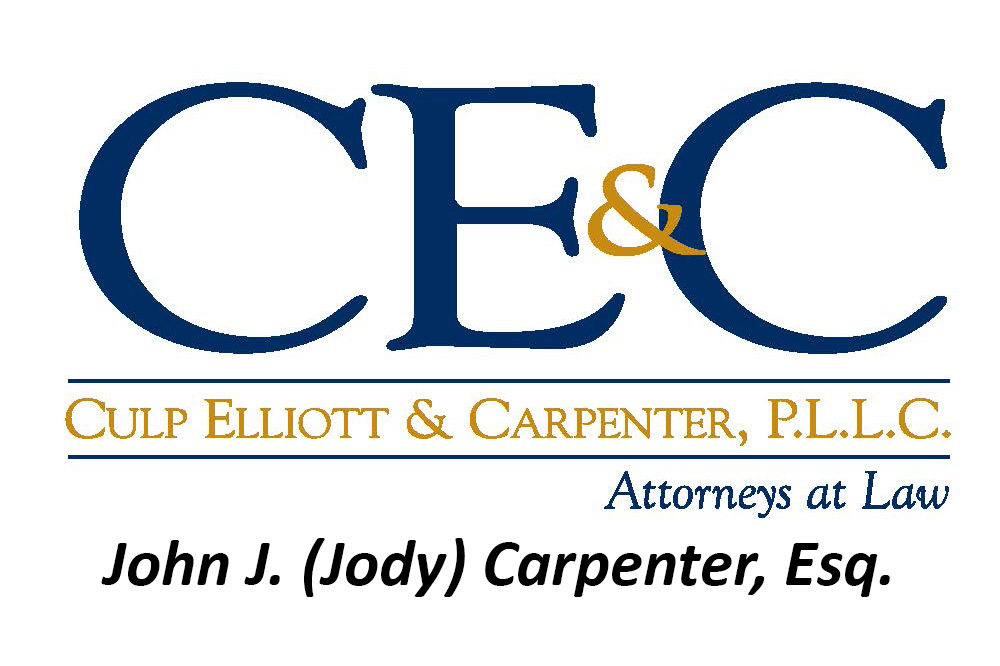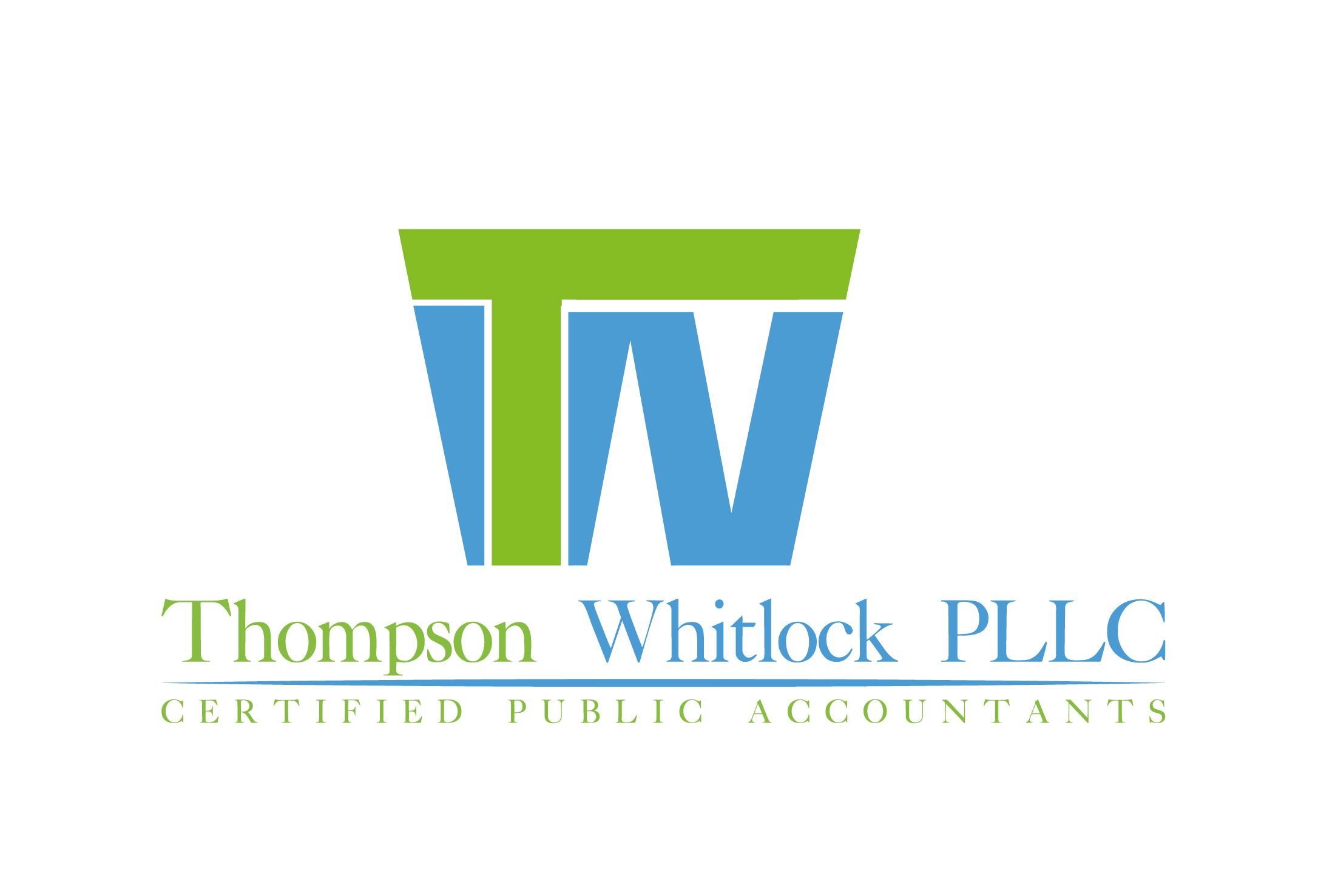|
NAEPC Webinar: Tax-Smart Charitable Giving, Especially with Retirement Assets
Wednesday, June 09, 2021, 3:00 PM - 4:00 PM EDT
Category: Events
Speaker: Christopher R. Hoyt, JD, AEP® (Distinguished) Prof. Hoyt will examine the challenges of getting tax savings from charitable gifts since the enactment of the 2017 Tax Cuts and Jobs Act and will describe strategies that can still generate tax savings. The best arrangements include “bunching” gifts with donor advised funds and making qualified charitable distributions (QCDs) from IRAs. In addition, Prof. Hoyt will illustrate situations when a family can be better off naming a charitable remainder trust as the beneficiary of a retirement account, and when it is better to simply name individuals as beneficiaries. Christopher Hoyt is a Professor of Law at the University of Missouri (Kansas City) School of Law where he teaches courses in the area of federal income taxation, charitable organizations and retirement plans. Previously, he was with the law firm of Spencer, Fane, Britt & Browne in Kansas City, Missouri. He received an undergraduate degree in economics from Northwestern University and he received dual law and accounting degrees from the University of Wisconsin. Professor Hoyt is the Vice- Chair of the RPTE Charitable Group and he serves on the editorial board of Trusts and Estates magazine. He is an ACTEC fellow and has been designated by his peers as a "Best Lawyer". He was elected to the Estate Planning Hall of Fame by the National Association of Estate Planners & Councils.
REGISTER HERE for the individual program. To purchase the 2021 webinar series, please click HERE. Registration Fees
A general certificate of completion will be made available for those professionals who feel the program satisfies their continuing education requirements and are able to self-file. It is the responsibility of the attendee to determine whether their state, discipline, or designation will allow one to self-file for a distance-learning program. |
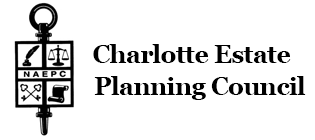
 Prev Month
Prev Month View Month
View Month Search
Search Go to Month
Go to Month Next Month
Next Month Export Event
Export Event 
